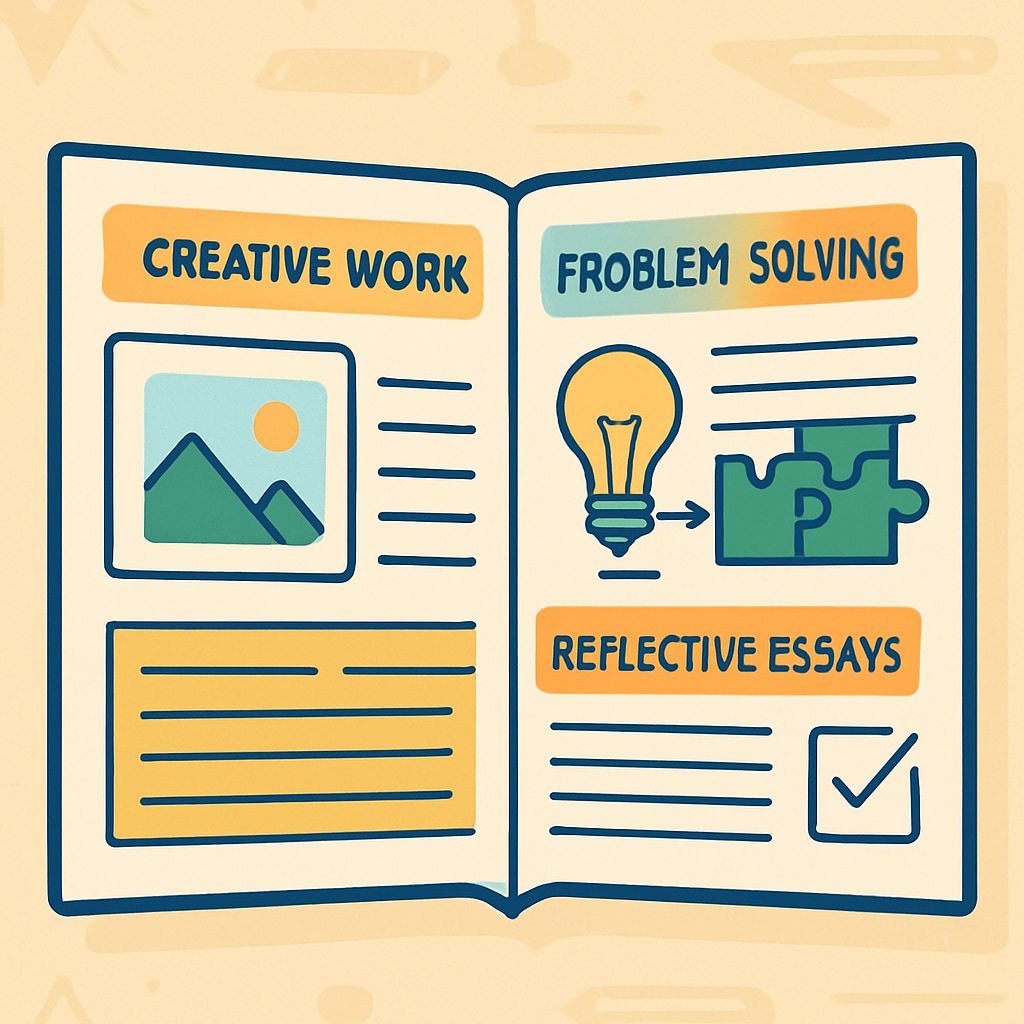The reliance on traditional grading systems as the primary method for assessing “learning effectiveness” in K12 education has been a long-debated issue. While grades provide a snapshot of academic performance, they often fail to reflect the full spectrum of a student’s abilities, growth, and potential. To truly capture the essence of education, we must adopt broader and more inclusive learning assessment metrics that extend beyond scores. This shift requires educators, policy makers, and stakeholders to rethink what constitutes meaningful educational success.
The Limitations of Score-Based Evaluations
Grades and test scores have long been the cornerstone of student evaluation in K12 education. However, these metrics come with significant limitations. For instance, they often emphasize rote memorization over critical thinking, creativity, and problem-solving skills. Additionally, grades provide a static measure of performance at a specific point in time, ignoring the developmental and contextual factors that affect learning outcomes.
Moreover, over-reliance on grades can create undue stress and a narrow focus on achievement, rather than fostering a love for learning. According to a Wikipedia article on standardized tests, standardized assessments often fail to account for diverse learning styles and socio-economic disparities, further highlighting their inadequacy as universal indicators of learning effectiveness.

A New Paradigm: Multifaceted Learning Assessment Metrics
To address these challenges, educational systems must integrate more comprehensive and dynamic methods of evaluating student learning. Here are several potential components of a reimagined assessment framework:
- Formative Assessments: These ongoing evaluations focus on providing real-time feedback to students, enabling them to improve throughout the learning process.
- Portfolio-Based Evaluations: Portfolios allow students to showcase a range of skills and achievements, offering a more holistic view of their capabilities.
- Social and Emotional Learning (SEL) Metrics: Incorporating SEL evaluations can help measure a student’s interpersonal skills, emotional intelligence, and adaptability.
- Project-Based Learning Assessments: These assessments evaluate a student’s ability to apply theoretical knowledge to practical, real-world challenges.
By implementing these diverse methodologies, educators can gain a more nuanced understanding of a student’s progress and potential. Additionally, such an approach promotes equity by accounting for factors that traditional grading systems often overlook.

Implementing a Developmental and Real-Time Assessment System
Transitioning from score-centric evaluations to a developmental and real-time assessment system requires both strategic planning and cultural shifts within the education sector. Below are key steps to facilitate this transformation:
- Redefine Success: Educators and policymakers must collaborate to establish new benchmarks for success that prioritize growth, creativity, and critical skills over test scores.
- Invest in Teacher Training: Teachers need professional development opportunities to effectively implement and interpret new assessment tools.
- Leverage Technology: Digital platforms can streamline real-time assessments and provide actionable insights into student progress.
- Engage Stakeholders: Parents, students, and community members should be involved in the conversation to ensure the new system aligns with diverse needs and expectations.
For example, Finland’s education system—widely regarded as one of the world’s most effective—prioritizes formative assessments and student well-being over standardized testing. This model demonstrates how a holistic approach can lead to both academic excellence and improved student outcomes (Education in Finland on Britannica).
The Future of Learning Assessment
As we move forward, it is essential to recognize that no single metric can capture the complexity of human learning. A truly effective assessment framework should be multifaceted, inclusive, and adaptive, reflecting the diverse ways in which students acquire and demonstrate knowledge. By focusing on growth, creativity, and real-world application, we can better prepare students for the challenges and opportunities of the 21st century.
Ultimately, redefining learning assessment metrics requires a collective effort from educators, policymakers, and communities. By shifting the focus from scores to meaningful learning experiences, we can create an education system that values every student’s unique journey and potential.
Readability guidance: The article maintains a balance between technical insights and accessible language, with short paragraphs, clear headings, and lists to enhance readability. Transition words and practical examples are used to ensure logical flow and engagement.


